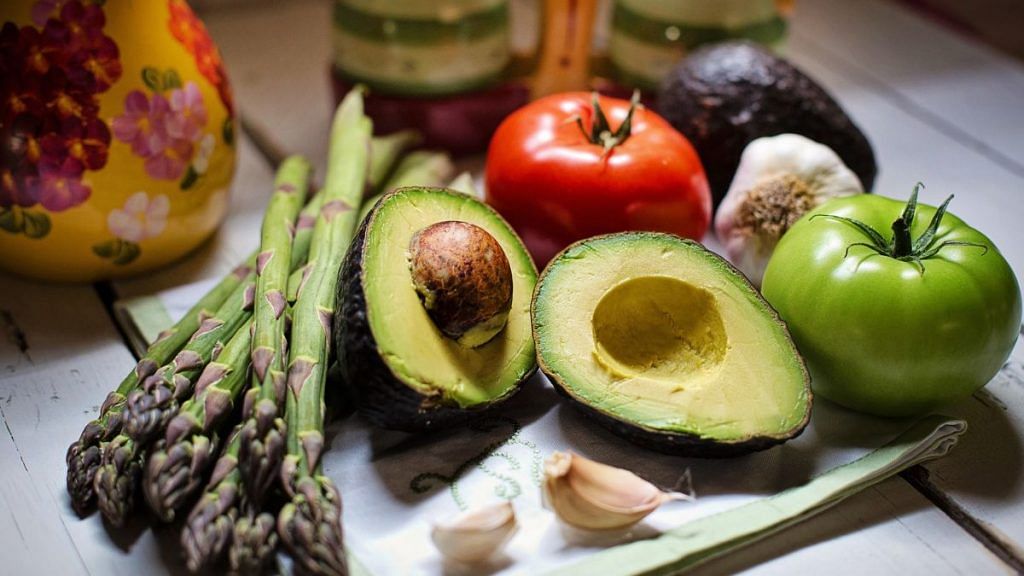New Delhi: More and more people are turning vegan because they are empathetic towards animals, a survey has found.
The study was conducted by Veganuary – a global non-profit organisation that encourages people to try vegan in January and beyond.
Their 2022 campaign results found 44 percent participants felt motivated to turn vegan because they were compassionate towards animals.
Country Head of Veganuary Prashant Vishwanath said that 21 percent of participants signed up for the vegan campaign to improve personal health while another 19 percent had environmental welfare at the root of their decision.
Over 65,000 participants of the total 629,351 were from India. These men and women received 31 days of support emails, encouragement via social media and other resources to adhere to their resolve, the organisation said.
Positive results
More than half of the participants managed to stick to a vegan diet. Forty-nine percent saw significant improvement in their energy levels, 48 percent experienced mood enhancements, 39 percent noticed improved skin, and 37 percent saw changes in body weight.
Additionally, 74 percent participants expressed their willingness to reduce their consumption of animal products by at least half and 76 percent were very likely to try a vegan diet in the future.
Key challenges
Among the challenges the participants faced to go vegan were dining out and lack of support from family.
Twenty-six percent found dining out to be arduous while 22 percent felt dealing with friends and family was a difficult task.
When asked about the non-vegan product they missed the most, 40 percent agreed on cheese while 14 percent said eggs.
Also read: Are you a picky eater? This UK study says the habit could be in…
